Port Arthur massacre changed gun laws but still no firearms registry 25 years on
Before the 25th anniversary of Port Arthur, our gun laws have changed, leaving us exposed without a national firearm registry. WARNING: Graphic
Behind the Scenes
Don't miss out on the headlines from Behind the Scenes. Followed categories will be added to My News.
Exclusive: Australia still does not have a national firearms register, 25 years after the states and territories signed up to it.
As the 25-year anniversary of the Port Arthur massacre approaches, a News Corp investigation has revealed the National Firearms Agreement, signed in the days following the massacre, is riddled with loopholes.
A number of changes agreed by the states and territories in response to the massacre, in which 35 people were killed and 20 injured by a lone gunman at Port Arthur in Tasmania, have never been implemented.
And some laws have since been watered-down as the states and territories caved in to demands from pro-gun lobbyists.
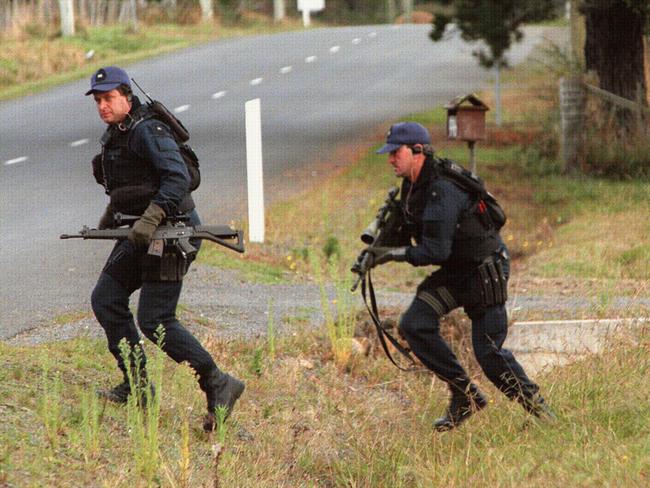
One of the most serious problems is that despite agreeing to establish a national firearms registry to track individual guns across Australia, the states and territories have failed to reach agreement on how to do it.
Other flaws in the agreement include:
*States do not automatically report to each other when a firearm licence holder moves interstate.
*While the agreement states that those seeking a firearm licence must be aged at least 18, all states allow children as young as 12 to get a junior licence or permit, Queensland allows children as young as 11, and Western Australia has no lower age limit.
*Several jurisdictions including the ACT and NSW have overturned bans on silencers.
*Several states including Tasmania and Victoria have abolished the requirement for people to wait 28 days after receiving a permit to acquire their second or subsequent firearm.
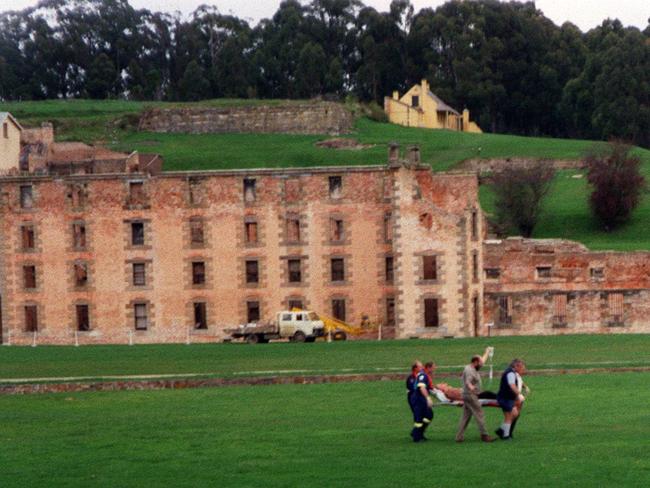
*Some states including Victoria now allow people to appeal the automatic suspension of their licence if they face domestic violence orders.
University of Sydney’s Associate Professor Philip Alpers, the founding director of the firearms legislation tracker GunPolicy.org, said no state or territory had ever been fully compliant with the National Firearms Agreement.
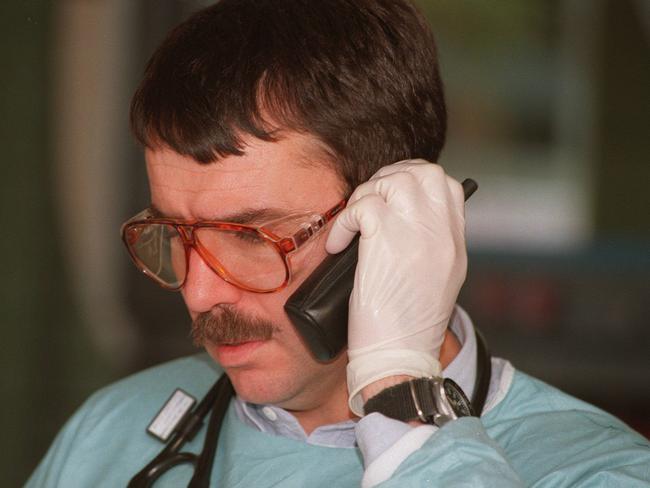
“There is now some data linkage between state and territory registries, but there’s still no true national register of firearms which can be queried by law enforcement from any jurisdiction in real time, as can be done with motor vehicles,’’ he said.
Under the agreement, Australia’s law enforcement jurisdictions agreed to: “record sufficient information to be able to uniquely identify each firearm.’’
They further agreed to “store registrations on a system which is able to share information with the national information-sharing hub.’’
However, the Australian Criminal Intelligence Commission is not yet able to do this because each jurisdiction records details differently in their firearms registries, and applies the rules differently.
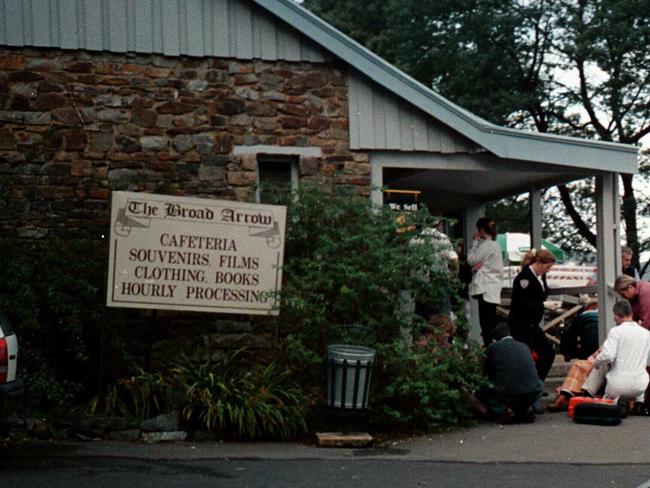
Assistant Minister for Community Safety Jason Wood said he wanted to see a national firearms registry introduced, and that it was “long overdue.’’
He said he had asked the Department of Home Affairs to examine whether the register could sit alongside the Australian Firearms Information Network, which the Australian Criminal Intelligence Commission ran and which tracked the movements of some, but not all, firearms.
“I am personally very keen to push it. It’s well and truly long overdue,’’ he said of the national registry.
“It will help law enforcement out, it will help people if they want to take a firearm interstate, to me it’s an absolute no-brainer.’’
Mr Wood said while firearms licencing and registration was a state responsibility, he was “happy that the Federal Government leads the charge to ensure we are all on the same page.’’
The architect of the 1996 gun laws, former prime minister John Howard, told News Corp he “still believed the registry should be established.’’
He said while he was “surprised the registry hasn’t been introduced, it shouldn’t detract from the achievement of the National Firearms Agreement”.
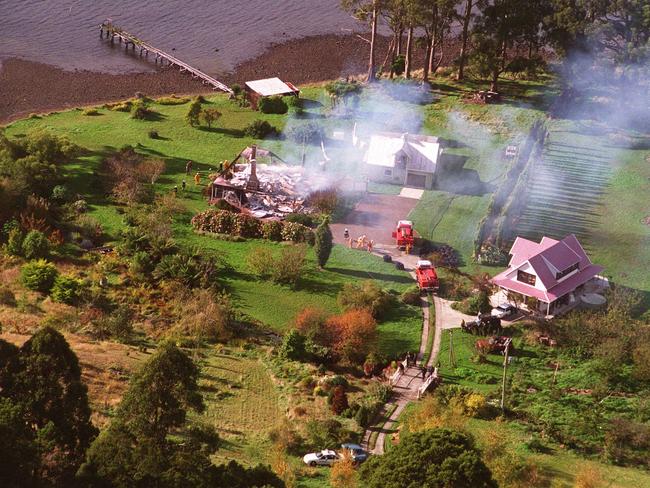
President of the Australian Federal Police Association Alex Caruana said the ACIC ran several databases tracking firearms known to have been linked to criminal activity, lost or stolen, used in a crime or found at a crime scene.
However, he said none were “what I would deem a national database.’’
“All of their states systems are different and there is no uniform agreement on definitions, required information, restrictions etc,’’ he said.
“The states would have to agree on one system and one set of rules, this simply isn’t happening.
“They don’t even have the same form to apply for a firearms licence.
“The definition of a dealer in different states and territories is still different, the states can’t agree on basic things like what’s a controlled firearm, what control regulation or category does a particular firearm fall into, what’s a movie or theatrical licence holder.
“On paper there’s lots of agreement but in practise there isn’t. There are numerous loopholes that exist.’’
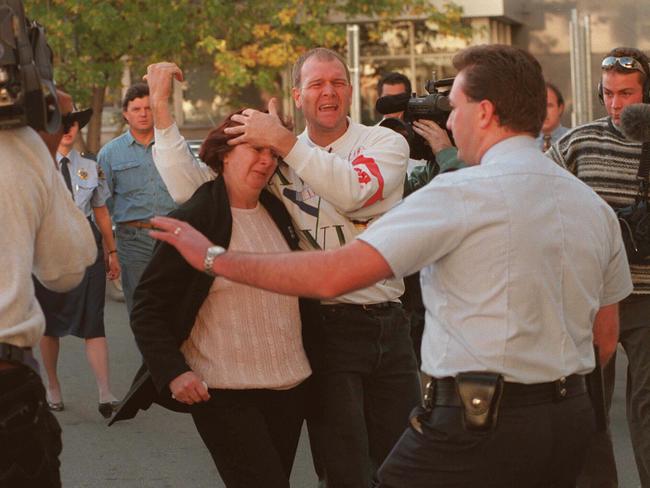
Mr Caruana said the states should work to homogenise their definitions and align their legislation where possible, to build “a solid national firearms register where it doesn’t matter where I live, the conditions are the same.’’
There are concerns that potentially violent offenders could possess a gun without police knowing about it, simply by moving interstate. The states and territories did not automatically advise each other when a firearm owner crossed state borders, meaning a registered gun could potentially drop off law enforcement’s radar.
“The systems don’t talk to one another, they’re completely different systems. It’s like an Apple computer talking to an Android computer or a Microsoft computer,’’ Mr Caruana said.
He pointed to the Queensland Police weapon licensing division, which states on its website: “Unfortunately, there is no way to ‘transfer’ licenses between states. If you are moving to Queensland and have a current interstate licence, you will need to make application for a new licence in Queensland, but may not be required to complete a weapons safety course.’’
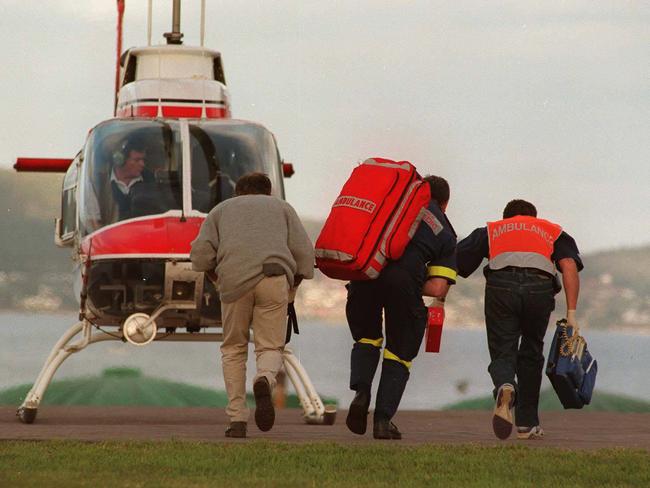
Mr Caruana called for further funding for the ACIC to begin homogenising the data, “one firearm at a time.’’
“Most of the people looking at this are trying to shove the whole elephant in their mouth instead of taking small bites and saying ‘alright what’s the small goal we can have now’.
“Now is the time – pardon the pun - to bite the bullet and implement a national database for the safety of all Australians and it in turn makes policing of firearms easier.’’
Tony Rundle, who was Premier of Tasmania in 1996, said he was surprised and disappointed to hear the registry had never been established.
“Firearms can cross state borders. So a national firearms registry would be something that needs further attention,’’ the now-82-year-old said.
He warned states of a “knock-on effect’’, saying if one weakened the laws, other jurisdictions would be pressured to follow, meaning “eventually the nationally uniform gun laws can be weakened significantly.’’
“Holding firm is the advice I’d give all the police ministers and the jurisdictions around the country for that very reason,’’ he said.
Roland Browne, a Hobart lawyer who has worked for gun control since the 1980s, said the failure to establish the registry was a “tragedy’’ which needed to be rectified.
“We have a national registration system for companies, for businesses generally, for migration agents, you name it, we have a national registration system including for trucks. But for some reasons our Governments have not been able to effect a national registration system for firearms,’’ he said.
More Coverage
Originally published as Port Arthur massacre changed gun laws but still no firearms registry 25 years on





